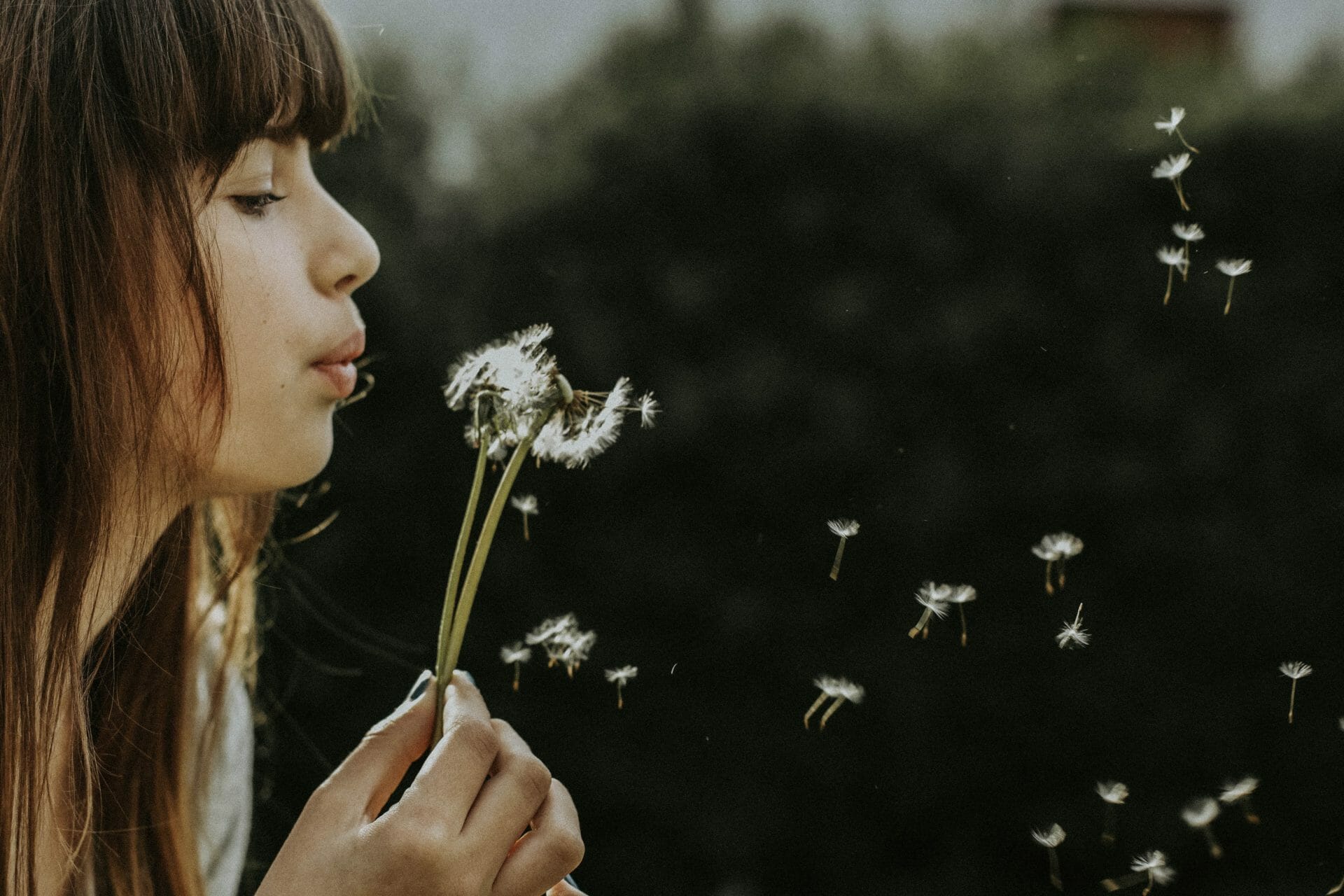
Photo by nine koepfer on Unsplash
Breath and healing: honoring the life-giving breath shared by all things
Rev. Dr. Cassandra Carkuff Williams
April 6, 2021
Not long after a traumatizing departure from the church my husband served for 6 years, we found ourselves drawn to a spiritual practice community dedicated to daily meditation. Participants meet Monday, Wednesday and Friday mornings for a 20-minute “sit” and for an hour on Wednesday evenings for fellowship, teaching, and a 30-minute meditation. While River’s Edge Meditation Group (REMG) is grounded primarily in Buddhist meditation practice, it is a community committed to openness and acceptance. Among its leadership and regular participants are persons of a wide variety of perspectives including theistic and non-theistic Buddhists, practicing Christians, and many de-churched folks who remain dedicated to Jesus if not to institutional Christianity. The welcoming spirit of this community created a healing space for us. The sense of being safely held or contained, to borrow a concept from pediatrician and psychoanalyst Donald Winnicott, was instrumental in helping us move through our physical and emotional pain.
When people ask what we do at REMG, I often respond (a bit flippantly) that we breathe together for 30 minutes. Of course, we do more than that. We begin our sessions with recited aspirations and close with a dedication, both of which are essentially prayers for our practice to be a force for positive transformation in the world. We explore various approaches to meditation, study together, and participate in training events and in community service. At its base, though, it is the regular practice of meditation that anchors the group; and breath that anchors that practice.
Both medical science and ancient traditions point to the power of focused breathing to heal both physical and emotional wounds. Perhaps healing the wounds of our world begins with the intentional practice of honoring the life-giving breath shared by all living things.
Some days meditation is easy and natural. On other days, my mind drifts from thoughts of bills to pay and chores to do to last night’s television show and my efforts to secure COVID-19 vaccines for myself and family members. Recently as I struggled to remain focused for more than a few seconds, I began very intentionally drawing my attention to each breath. As often happens, I found the inhale-exhale cycle opening me up to God’s presence; to the presence of the One whose own breath of life (nismat hayyim) made us living beings (nephesh hayyah) (Gen. 2:7). As I luxuriated in my inspired (literally “blown into”) connectedness to the Creator, I found myself expanding with a sense of connection to all human beings and to all living creatures; all nephesh hayyah (Gen 1:24) in whom is that same sacred breath of life. Eventually my spirit opened to all living things—trees, grass, algae—all things that breathe in this circle of life-giving connectedness.
It is sad that human beings opt for division and separateness over the communality that is testified to in the creation stories of Genesis. We separate ourselves from other human creatures through a multitude of classifications like socioeconomic status, nationality, ethnicity, and ideology. Instead of celebrating our embeddedness within creation, we separate ourselves from the natural world through speciesism, otherness, and hierarchy. This proclivity is even evidenced in the choices made by Bible translators. For example, although both human and other-than-human animals are deemed nephesh hayyah in Genesis, English translations often go with “living souls” for us and “living creatures” for all other animals. The tendency toward disconnection and division has led to a world dominated by war, hatred, slaughter, cruelty, species annihilation, and environmental degradation.
Both medical science and ancient traditions point to the power of focused breathing to heal both physical and emotional wounds. Perhaps healing the wounds of our world begins with the intentional practice of honoring the life-giving breath shared by all living things.
Rev. Cassandra Carkuff Williams, EdD serves ABHMS as the national coordinator of discipleship ministries. She is the author of Learning the Way: Reclaiming Wisdom from the Earliest Christian Communities (Alban, 2009) and a member of River’s Edge Meditation Group in Elmira, NY.
The views expressed are those of the author and not necessarily those of American Baptist Home Mission Societies.
ABHMS’s Workshop for Church Life and Leadership #C902, “Spiritual Disciplines Made Easy” includes a session on Christian Meditation.


